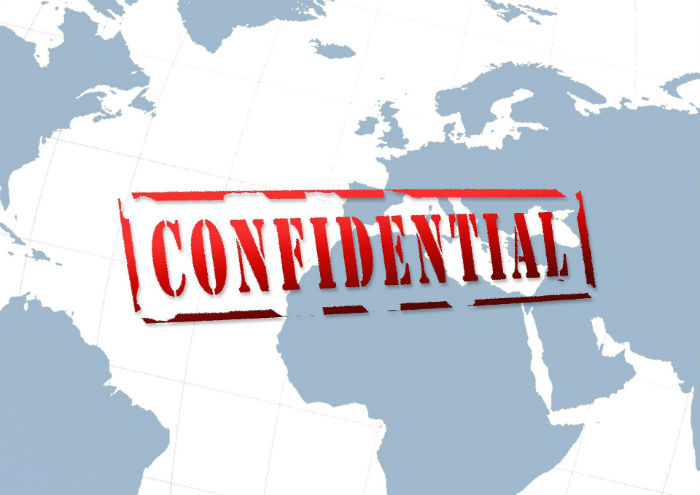The EU Trade Secrets Directive (2016/943) (the “Directive”), the implementation deadline for which is this month - June 2018, was drafted with the intention of harmonising the law governing trade secrets and providing a common standard of protection for businesses across Europe against the unlawful acquisition, disclosure and use of trade secrets. To date the protection of trade secrets has varied widely amongst member states which has made enforcement on an EU-wide basis complicated and costly.
The Directive will be implemented in the UK through the Trade Secrets (Enforcement, etc.) Regulations 2018 (SI 2018/597) (the “Regulations”) which come into force on 9 June 2018. The Regulations will not bring about any substantial amendments to the existing law in the UK, since the present common law position on breach of confidence and breach of contract, in combination with the procedural code in place under the Civil Procedure Rules, largely cover the main provisions of the Directive. The new legislation will broadly operate in parallel with the current common law on breach of confidence.
An Intellectual Property Office consultation on the draft Regulations took place earlier this year and, as a result, a number of amendments were made to the draft which will now be implemented. Some of the interesting points to note from the Regulations can be summarised as follows:
- Regulation 2 sets out a uniform definition of trade secret, meaning information which is secret (not generally known among or readily accessible to persons within the relevant circles); has commercial value because it is secret; and has been subject to reasonable steps to keep it secret.
- The revised Regulations include amended wording to substitute references to committing a breach of confidence with references to the unlawful acquisition, use or disclosure of a trade secret. Therefore this provides a clear distinction between the statutory tort created by the Regulations and the common law tort of breach of confidence. Regulation 3 clarifies that whether an acquisition, use or disclosure is unlawful will be determined by reference to the existing law of confidence, and that common law remedies will be available to trade secret holders in addition to those under the Regulations.
- The limitation period for bringing a claim under the Regulations will be six years.
- Regulation 11 provides for a range of interim remedies available to a trade secret holder and Regulation 14 sets out a range of final remedies for the trade secret holder including an (interim) injunction, seizure or delivery up of goods.
- Regulation 15 contains safeguards for both parties in relation to the duration of final injunctions, requiring the duration to be sufficient to eliminate any commercial or economic advantage that the infringer could have derived. Further, on the application of the defendant, the court must revoke an injunctive order if the information in question no longer constitutes a trade secret.
- Regulation 16 allows the court to order compensation as an alternative remedy in certain circumstances.
In contrast to the UK, the implementation of the Directive in some other countries will represent a significant departure from the position under their current law. In particular, the requirement that trade secrets must be subject to reasonable protection measures (where previously intent would suffice), and that reverse engineering will generally be allowed, will present major changes under German law.
In response to the compulsory notification of data breaches as established by the recent implementation of the General Data Protection Regulation (2016/679), combined with this new legislation on trade secrets, businesses should be considering their position and policies in this area and focussing on the identification and protection of trade secrets and data as matter of priority.
Stevens & Bolton’s multi-disciplinary team of experts has a wealth of experience in dealing with trade secrets, data breaches, employee competition and cybercrime. We provide joined-up, strategic advice and emergency response services to businesses of all sizes, so please contact Tom Lingard if you would like more information.

 Tom Lingard
Tom Lingard  Charlotte Tillett
Charlotte Tillett